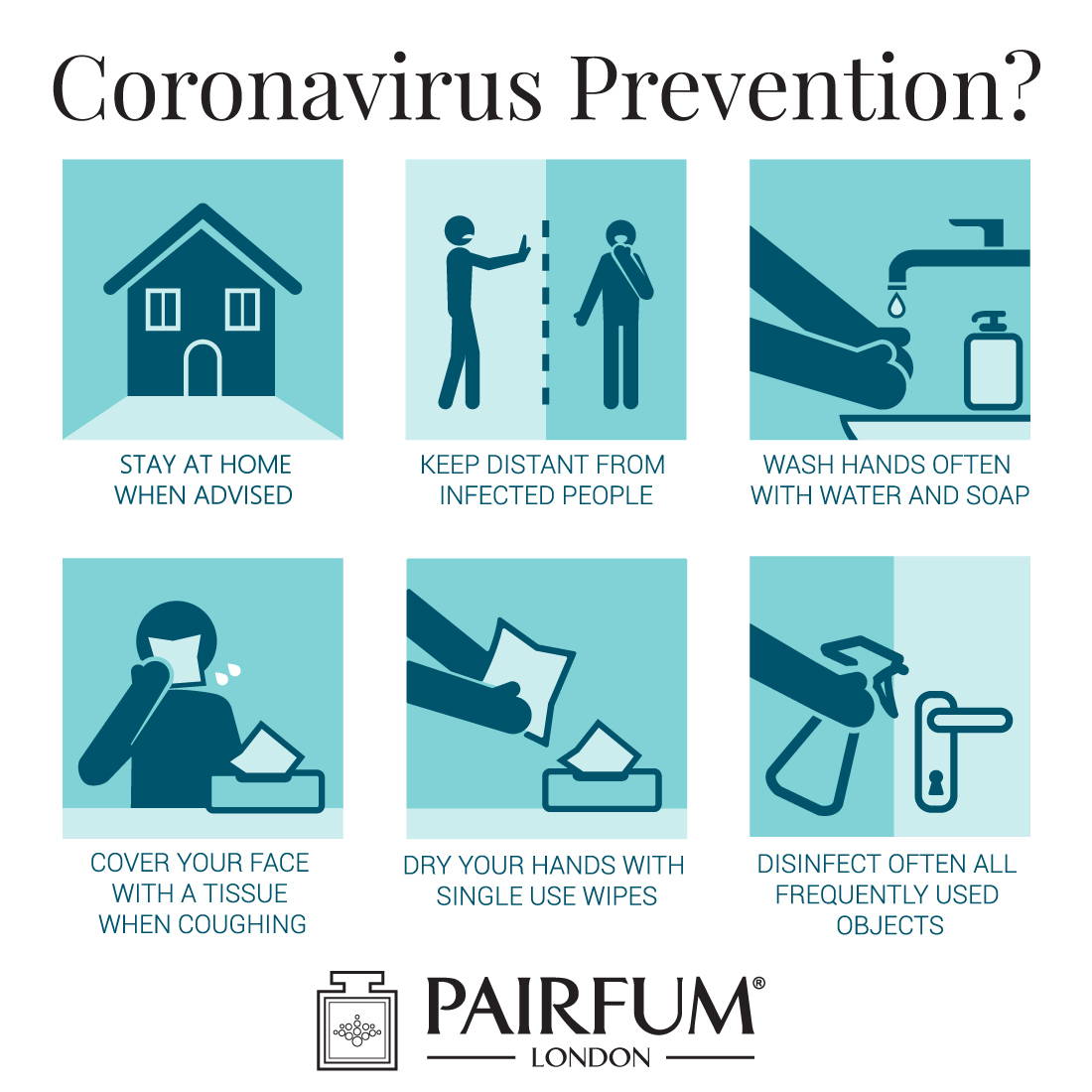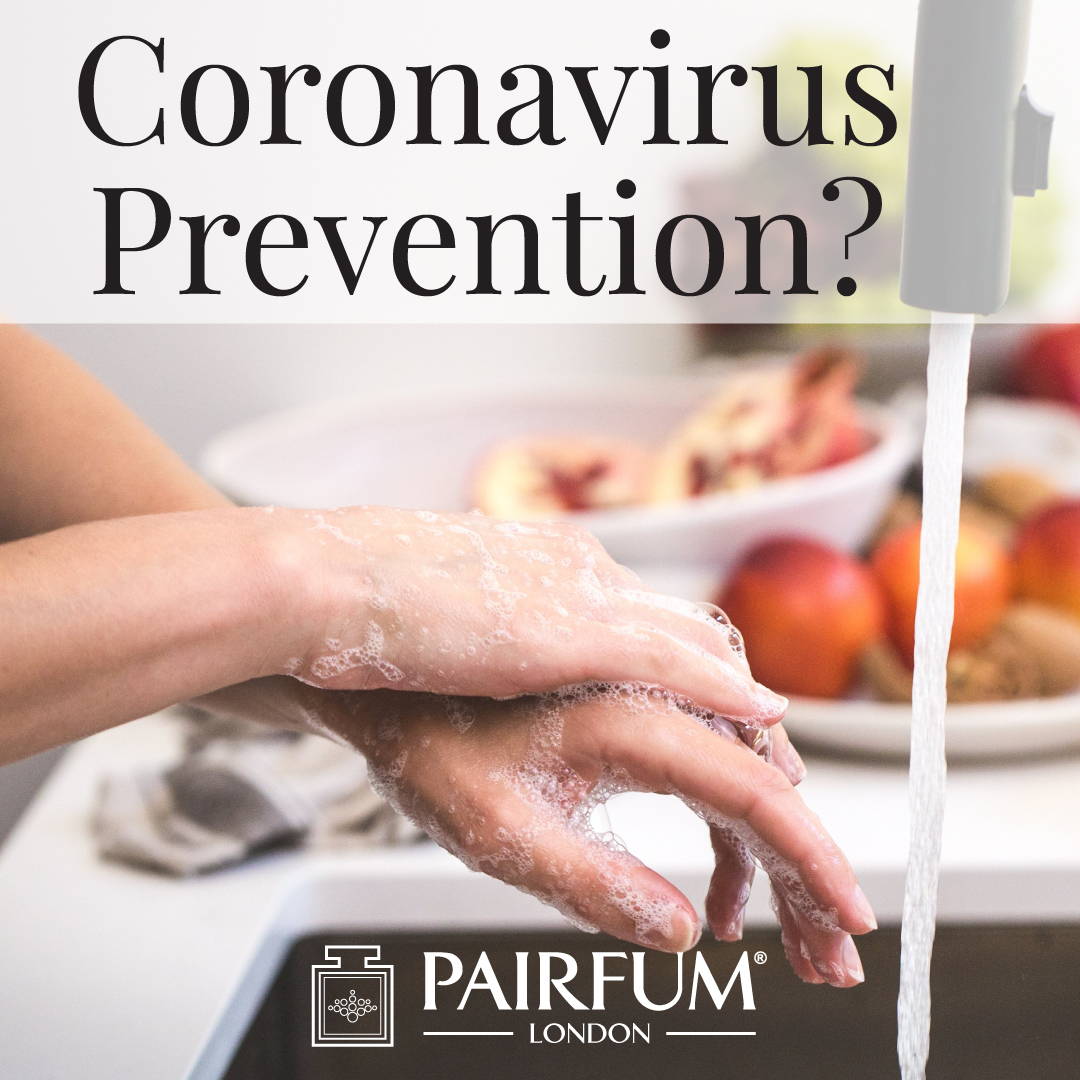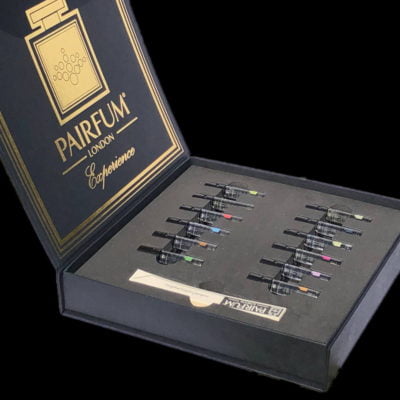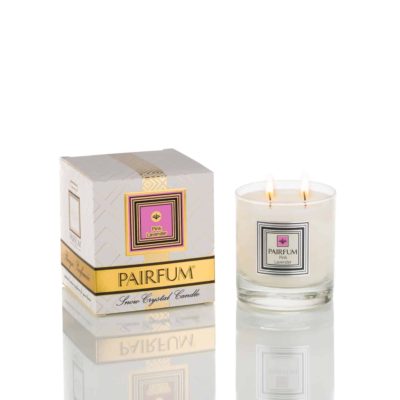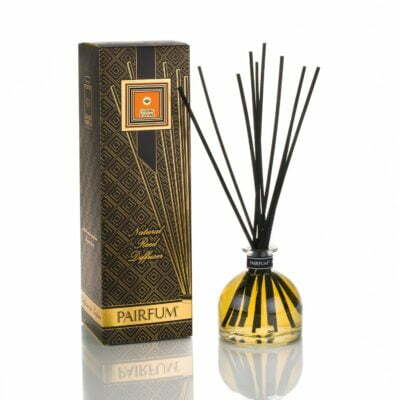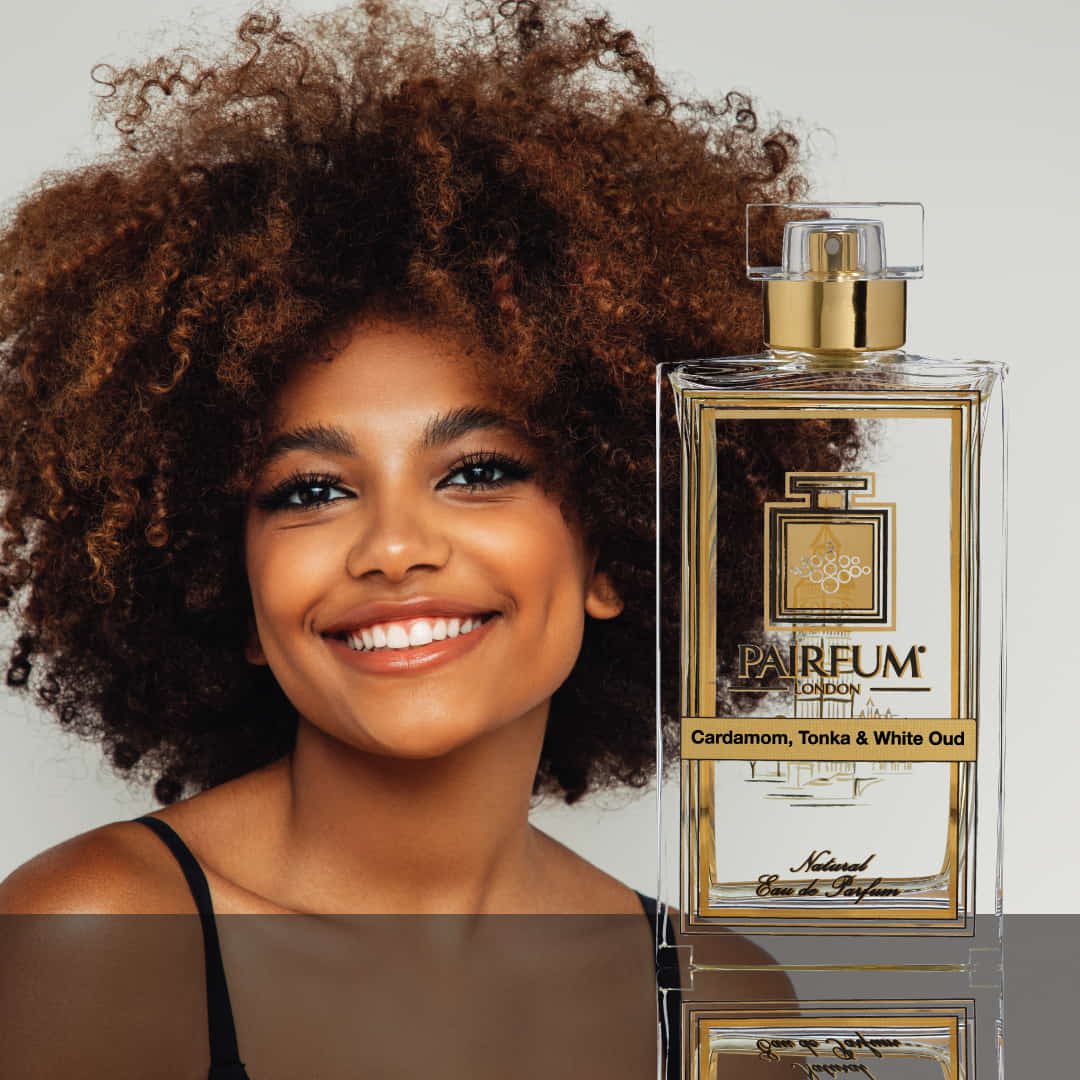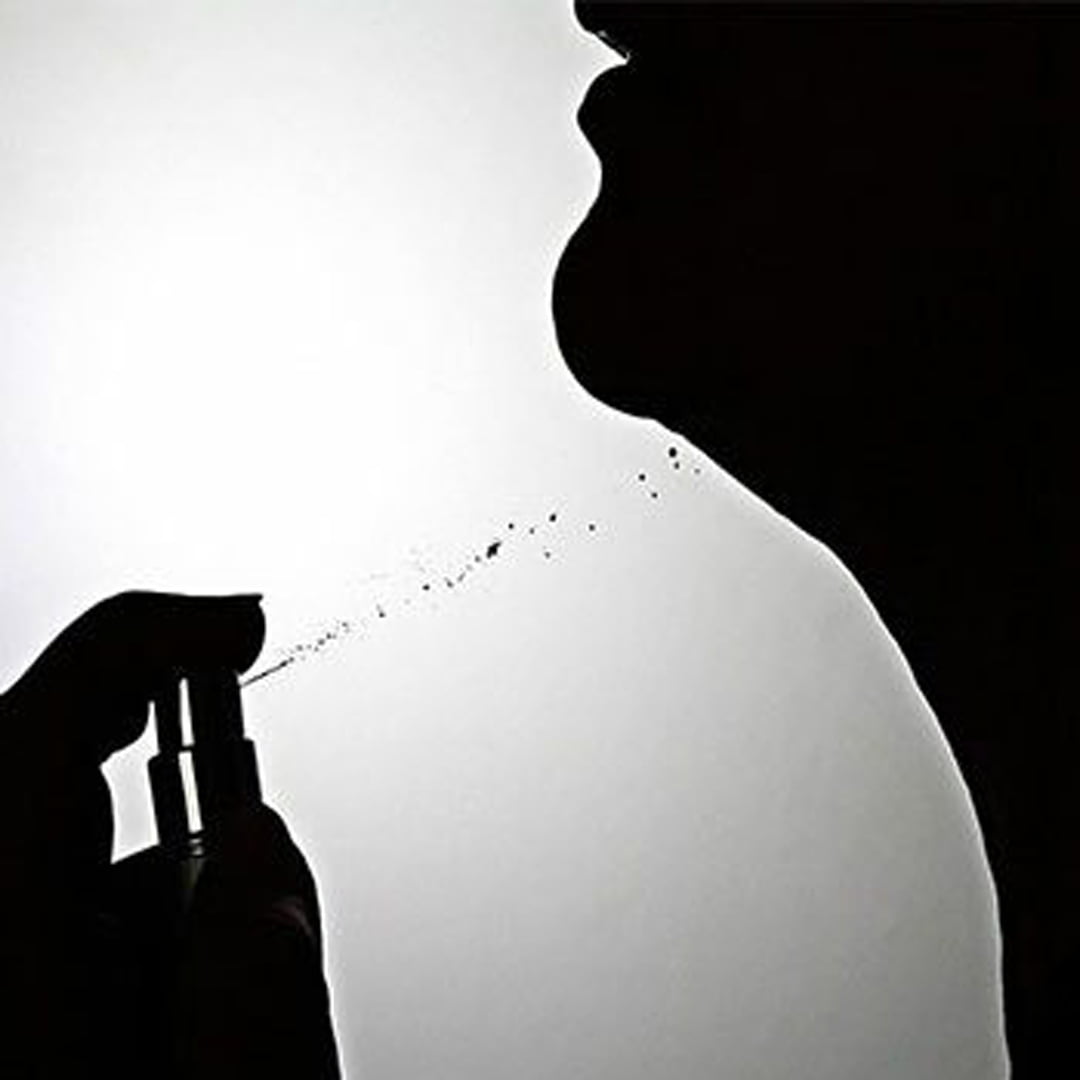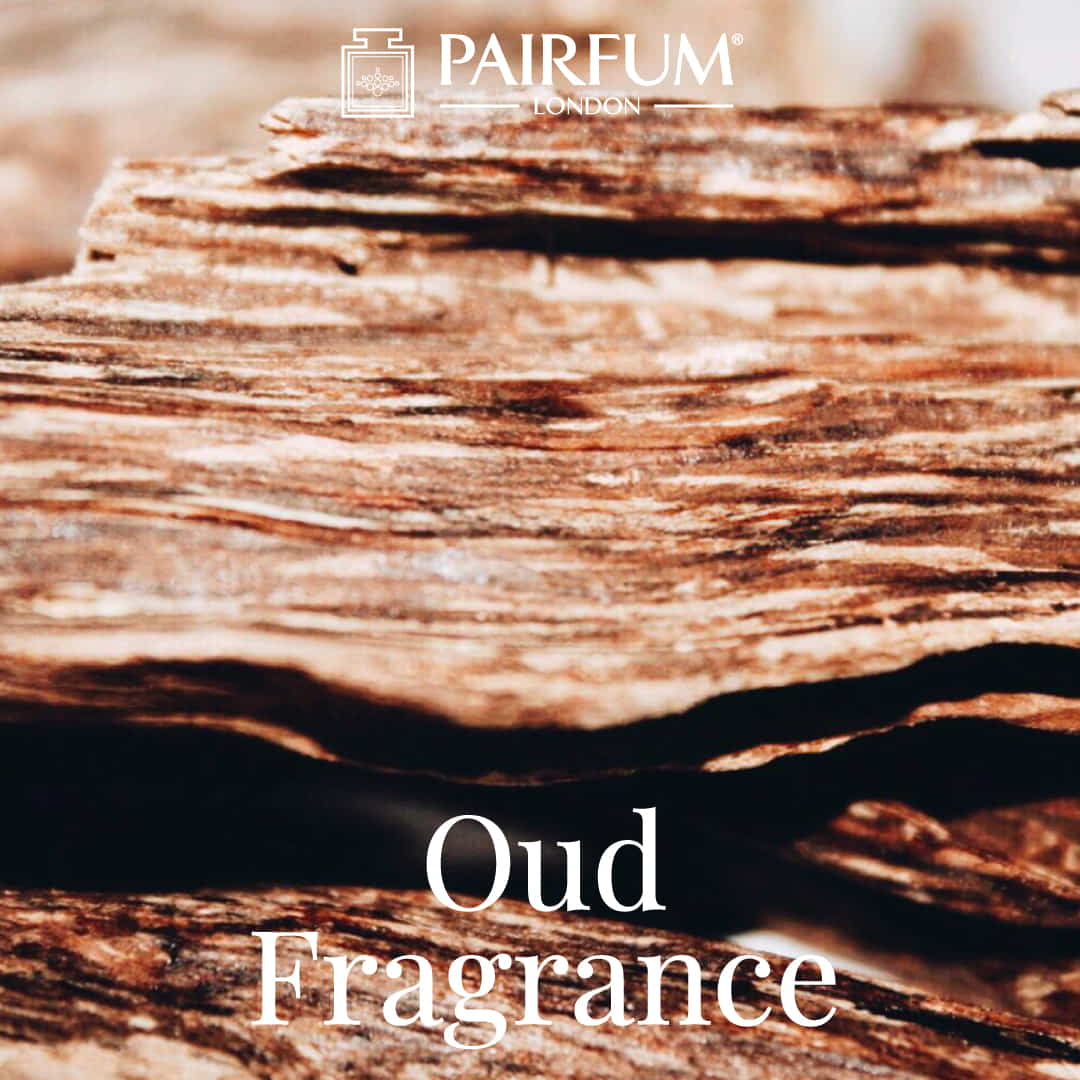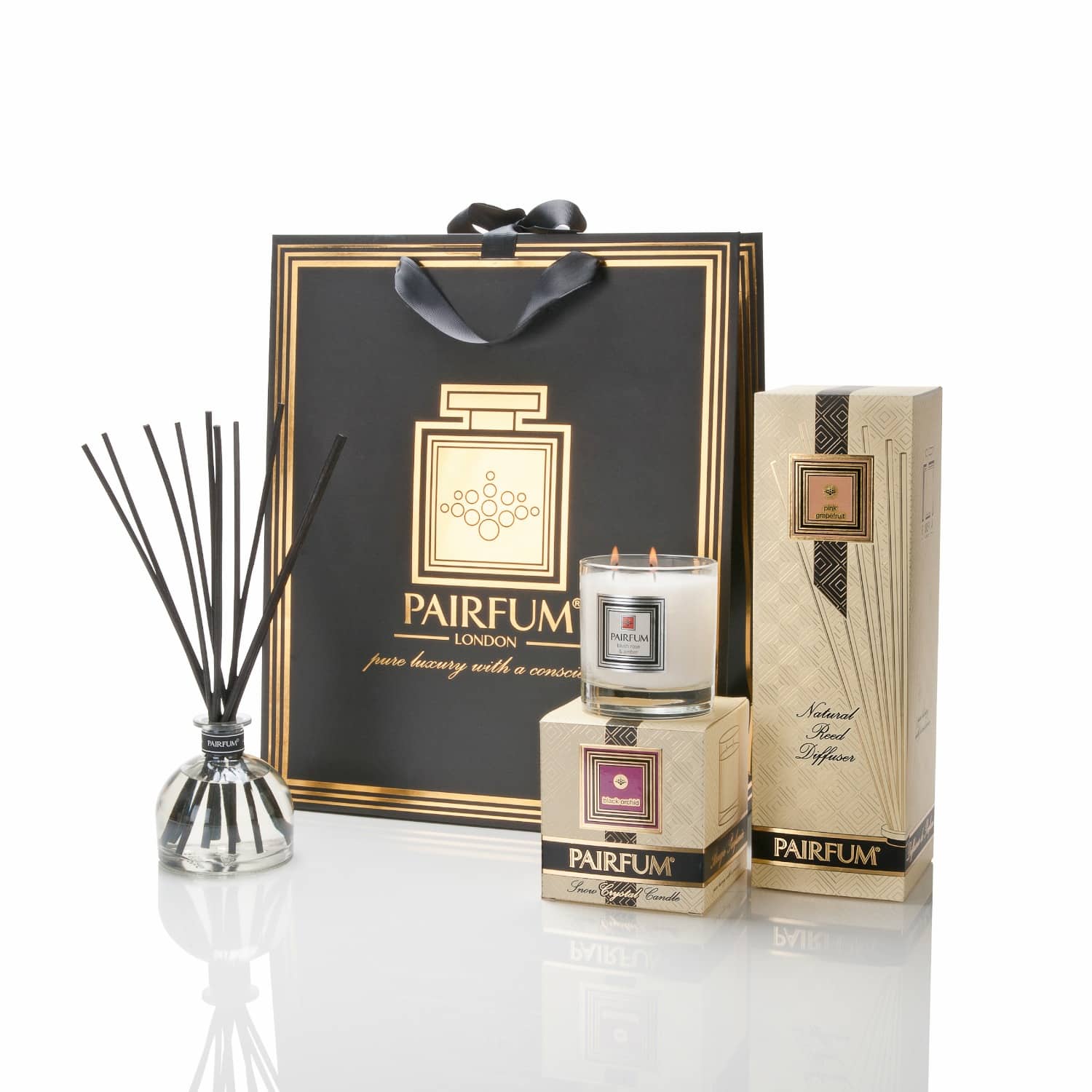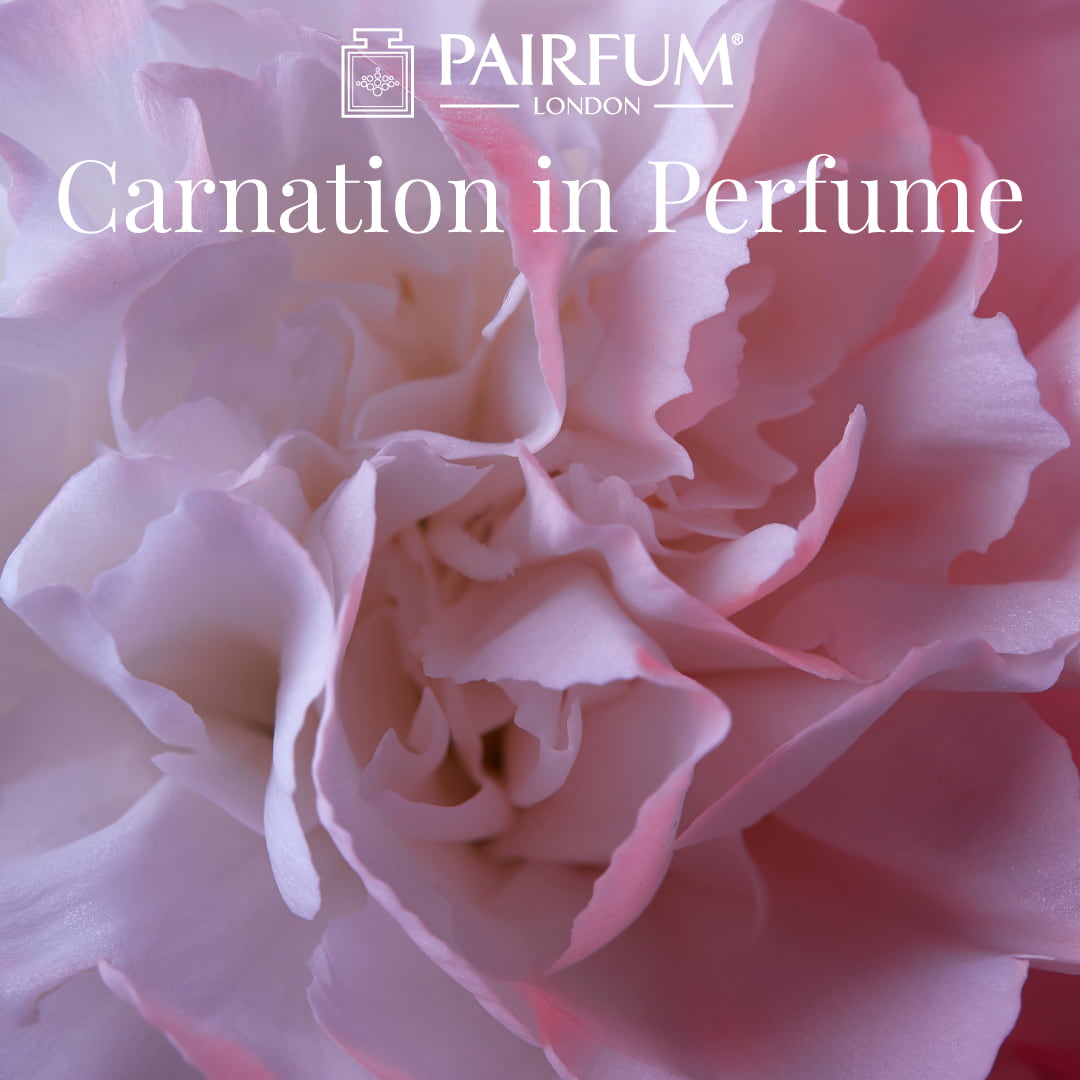Is Alcohol effective against certain virus, i.e. is it suitable for Coronavirus Prevention ?
While governments across the world and society in general are struggling to understand Covid-19 / Coronavirus, and how to limit its spread, sales of hand disinfectant gels have increased in the UK.
Some supermarkets have already sold out or are running very low in stock.
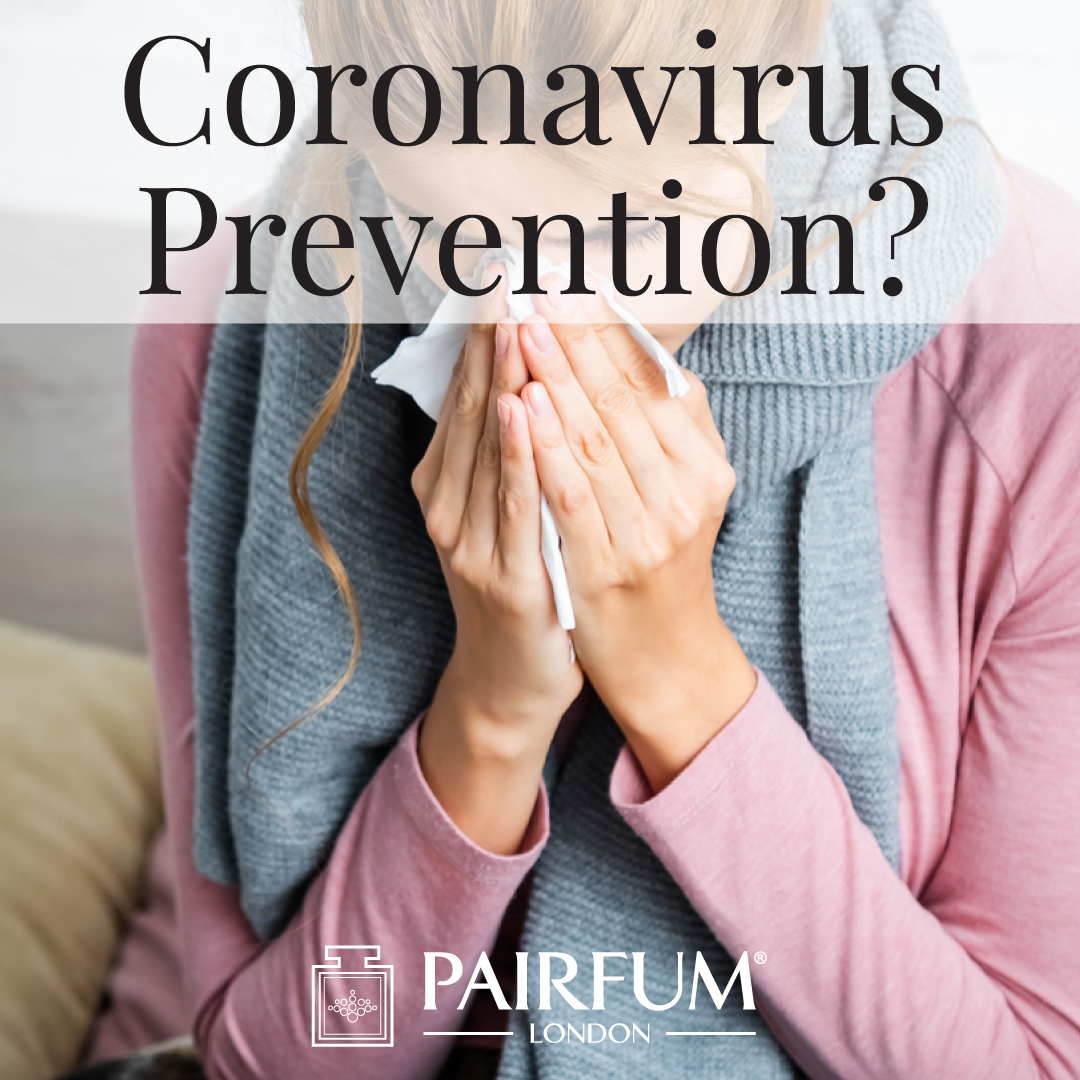
Is hand-gel really effective against Covid-19 ( Coronavirus ) and if it is, what makes it so effective?
According to a study by the USDA, over 90% of us don’t wash our hands correctly leading to cross-contamination.
A person’s hands are one of the main causes of transferring viruses from surfaces to their respiratory system.
Insuring that you wash them correctly and often, is one way of preventing you from contracting or spreading a virus, i.e. Coronavirus Prevention.
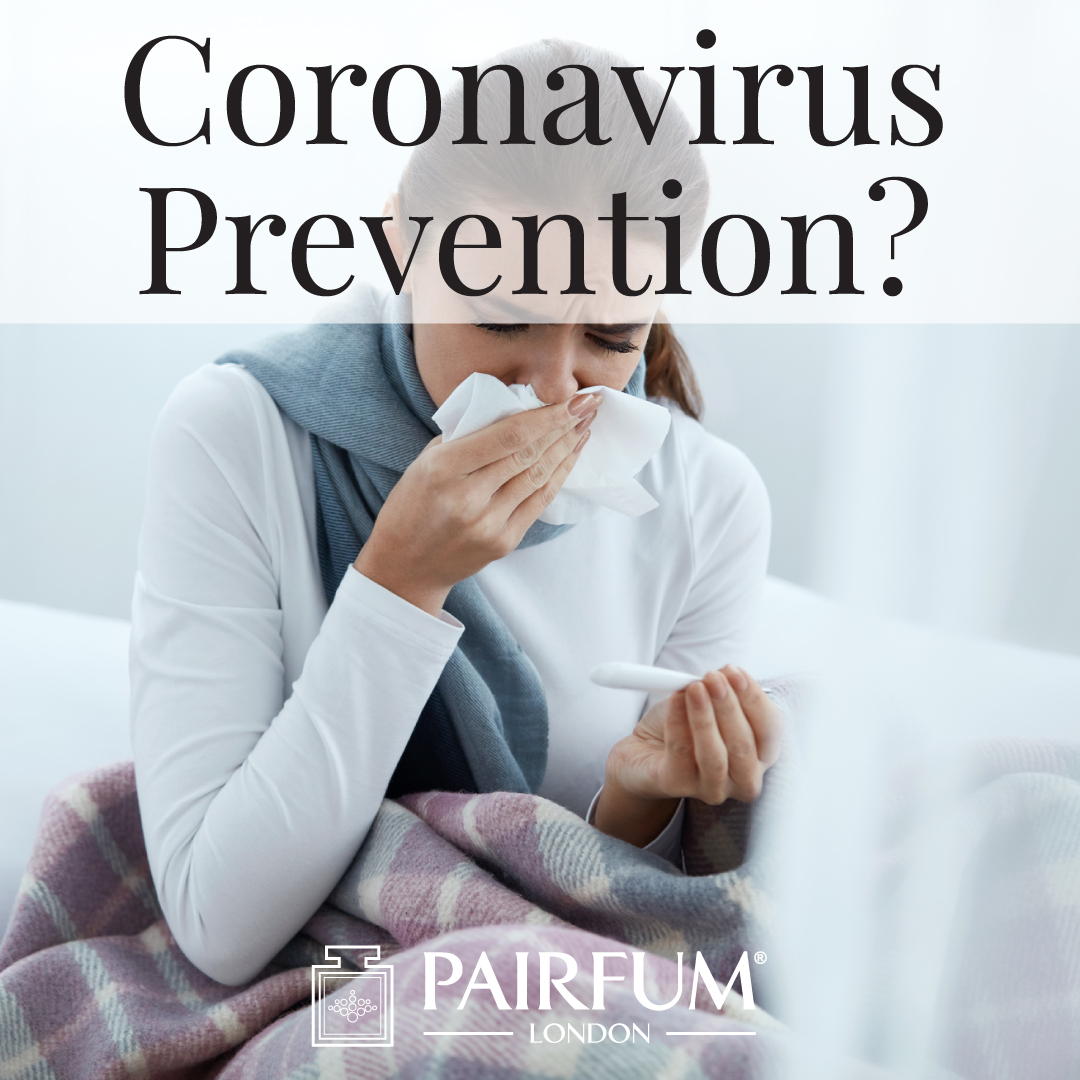
Wash your hands thoroughly with soap and clean running water for at least 20 seconds. If that is not possible, then using an alcohol-based hand sanitiser is an excellent alternative.
However it is very important to understand that these hand sanatising products must contain at least 60% alcohol.
Both the N.H.S. and Public Health England agree that products containing more than 60% alcohol are most effective at killing microbes.
The fact is that alcohol doesn’t kill some viruses and Professor Sally Bloomfield from the London School of Hygiene and Tropical Medicine has said that viruses are much more resistant to disinfectants than bacteria.
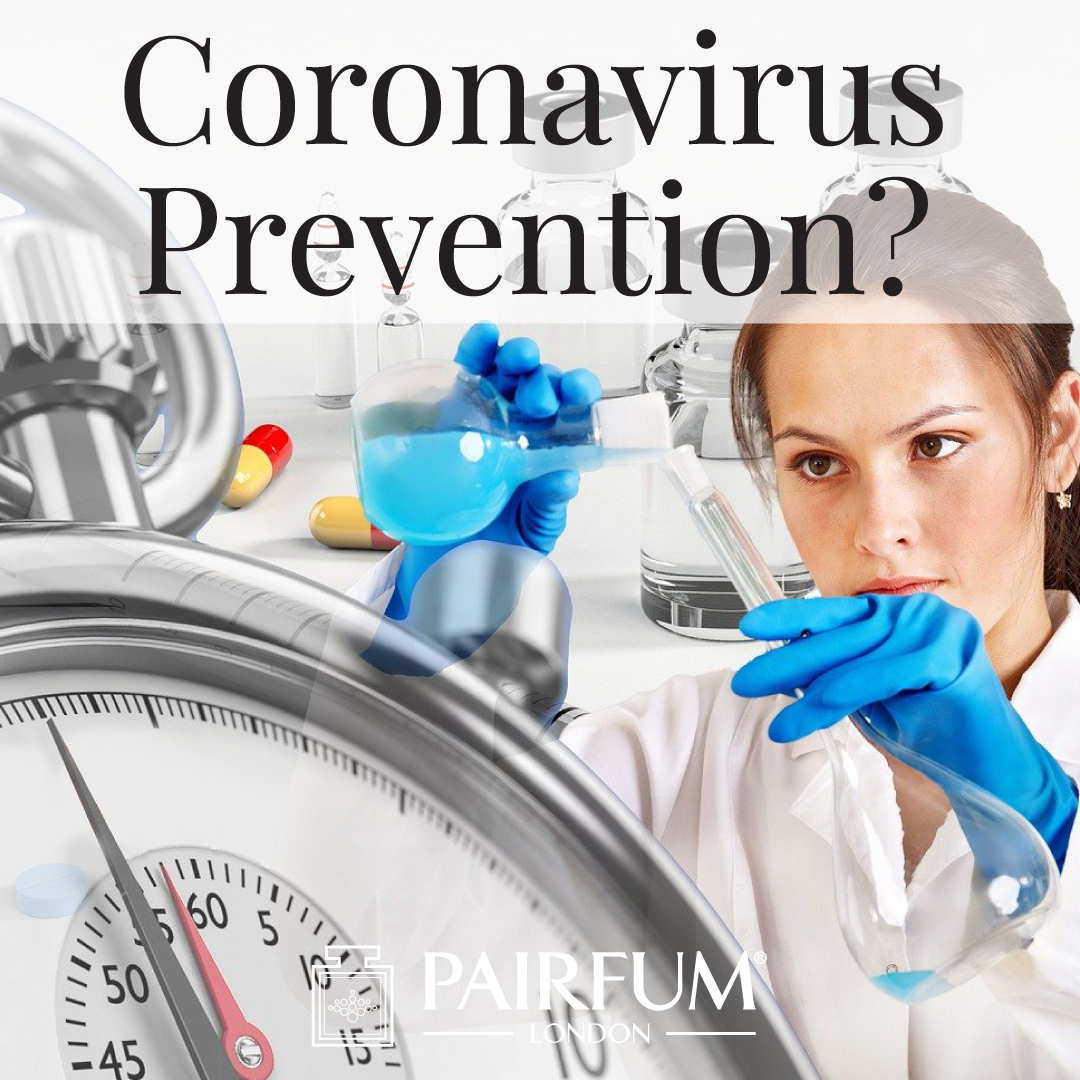
Viruses, such as the norovirus or rhinovirus are not enveloped, which means they are not surrounded by a shell.
However, the good news about Covid-19 / coronavirus (and there is precious little good news about it so far) is that Professor Bloomfield has said that Covid-19 is an envelope virus, meaning it has a coating around it, which the alcohol can attack.
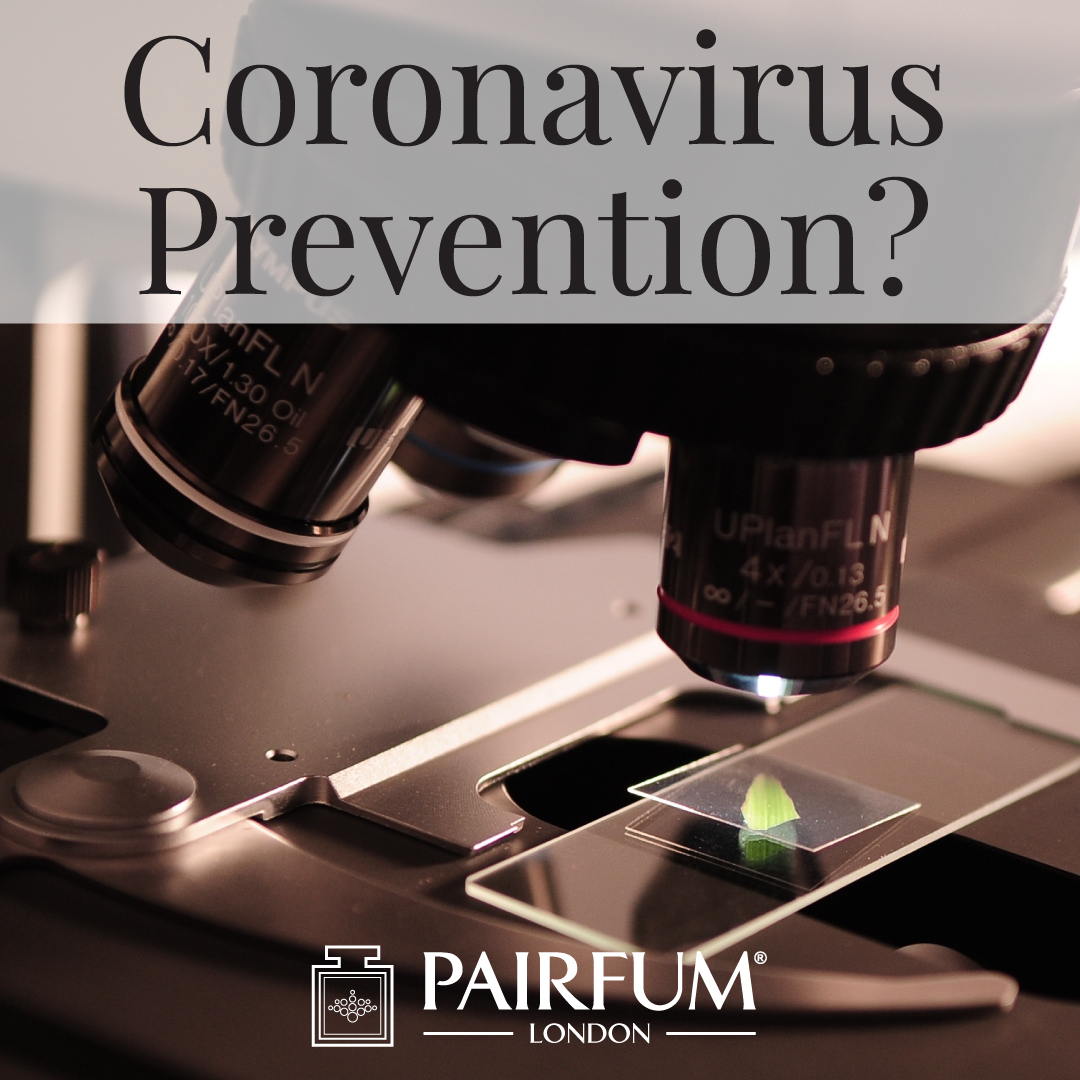
With the stock of hand disinfectant gels running low or sold out, and with reports of unscrupulous people selling products on certain websites for many times their original price, it is tempting to think that you could make your own.
This however is not the wisest, safest or best solution, as it is difficult to insure that you have the correct formulation. If made incorrectly they could cause more harm than good.
Products made by reputable manufacturers also contain emollients that soften and protect the skin without the risk of injury to the hands.
On some wellness sites it has been suggested to use alternatives to make your own gels containing certain ingredients such as aleo vera or witch hazel, however as we have mentioned earlier – it is the alcohol and the percentage of alcohol in the products that attacks the virus.
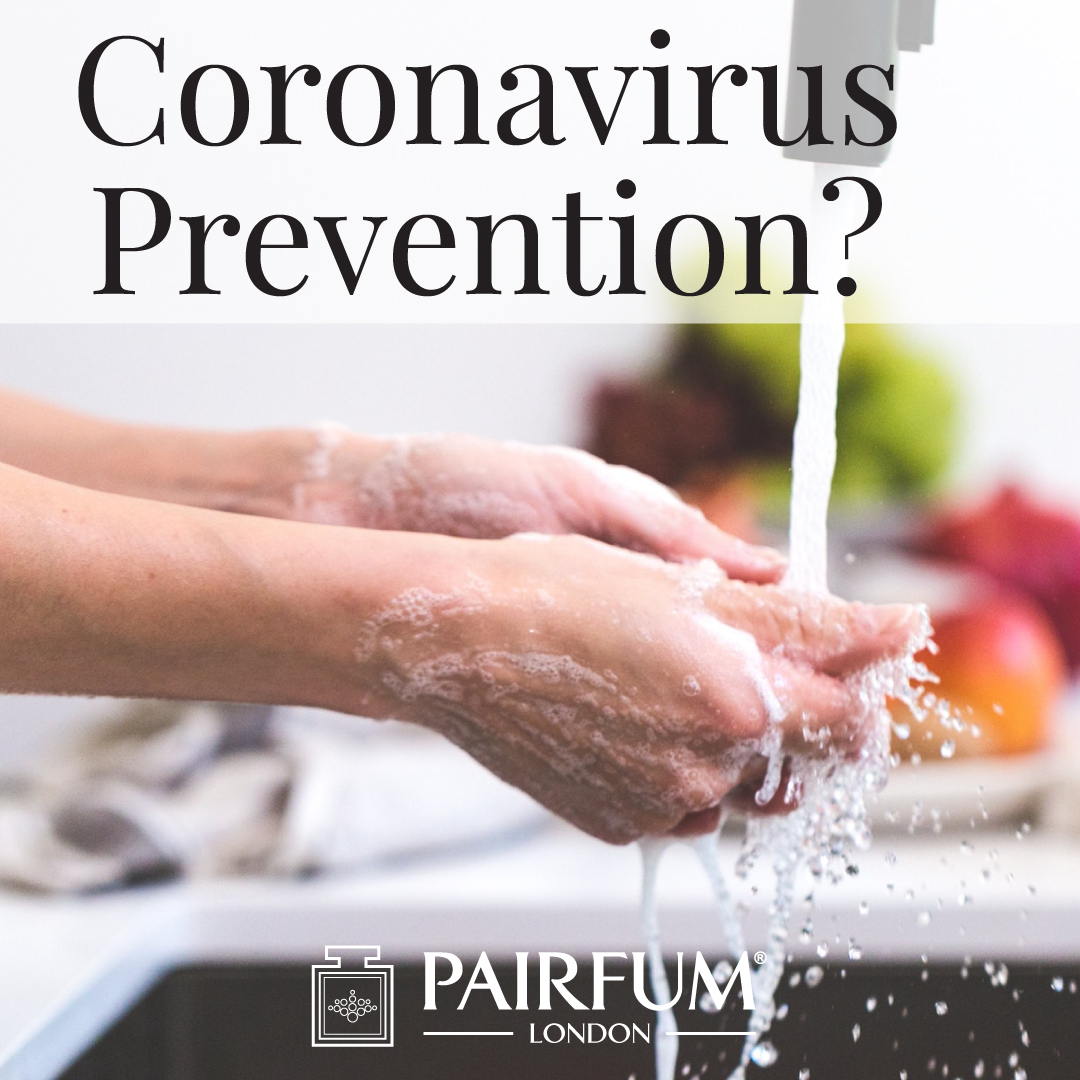
If you are seeking an alternative to alcohol another strong antibacterial agent that is used in certain soaps, cosmetics and toothpaste is called Triclosan. However we would not recommend this as research has now shown that triclosan can damage the body’s endocrine system, and the U.S. Food and Drug Administration banned its use in hygiene products at the end of 2017, no such ban exists in the U.K. as yet however…..
As it is still unknown how Covid-19 is spread and according to the latest update from the N.H.S. the most lightly transference is from person to person through coughing or sneezing and is unlikely to pass through items, such as packaging or food.
Having said that it is better to avoid touching things that you do not need to touch, however in our everyday lives we need to open doors, sit on seats and handle other objects as part of our daily routines.
As this is unavoidable, then the safest thing to do is avoid touching your face, mouth, nose, eyes or any wounds you may have before thoroughly washing your hands in clean running water for more than 20 seconds using soap in both solid or liquid form and then drying them with a clean disposable towel – a 2012 study by the Mayo Clinic showed that from a hygienic point of view: “Paper towels are better than air dryers”.

If you find yourself in a situation where you are unable to wash your hands, then using a sanatising hand gel with over 60% alcohol content is an excellent alternative. Once you have an opportunity you should then wash your hands thoroughly with clean running water and soap.
One report has shown that adults get between four to six colds every year and children pick up six to eight. The author of the report pointed out that hand washing and good general hygiene could stop the spread of these viruses….
When over 90% of us do not wash our hands correctly, and by doing so we can prevent the spread of viruses. Then it really is a case of ‘Wash, Rinse & Repeat’
Is Coronavirus Prevention possible? what part can we play in the prevention or spread of Covid-19?
The Department of Health and the N.H.S. are advising that we should all wash our hands thoroughly and correctly, as one of the main preventative measures.
So then suggesting that we should all take note and wash our hands as thoroughly as medical professionals preparing for surgery – the following instructions on how to wash your hands correctly ‘IS NOT’ really a case of stating the obvious!
- Thoroughly wet your hands with clean running tap water, both hot and cold is fine.
- Apply soap and lather your hands well paying special attention to the area in between your fingers and the backs of your hands, and do not forget to clean under your nails.
- Spend at least 20 seconds actively scrubbing your hands after lathering them completely. (If you are unsure how long 20 seconds is then one suggestion by the America CDC is to sing ‘Happy Birthday’ to yourself in your head – or out loud if you feel like it)
- Then thoroughly rinse off all the soap from your hands under clean running water.
- Finally use a clean and if possible a disposable towel to dry your hands and if this is not available then simply air dry them (if you are wondering what we mean by air drying them – then remember what Cameo said “Wave your hands in the air like you don’t care”
As the London School of Hygiene & Tropical Medicine has said “It’s not for the NHS to manage COVID19 primarily, it’s for all of us to help manage it.”
As professor John Edmunds told Channel4News that if we all follow @PHE_uk advice properly in the coming weeks & months the epidemic should slow down.
At this time of uncertainty, we recommend taking these few simple precautions to help Coronavirus Prevention. By doing so we can all help keep ourselves and others safe.
